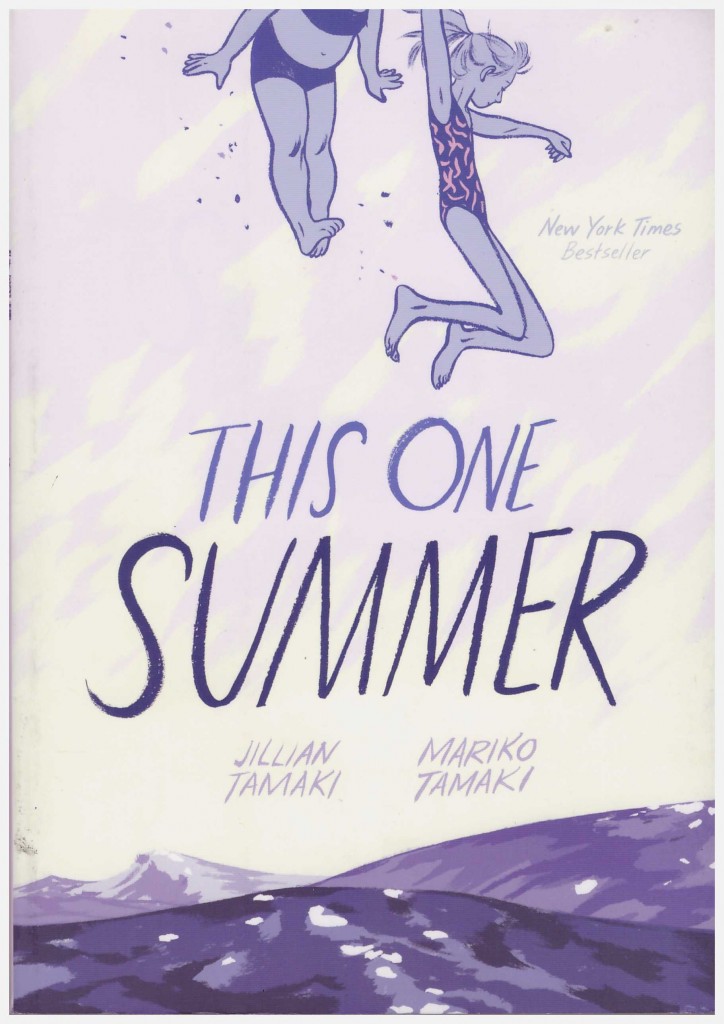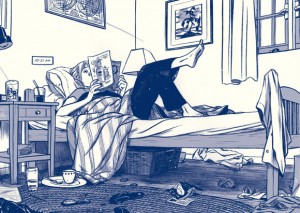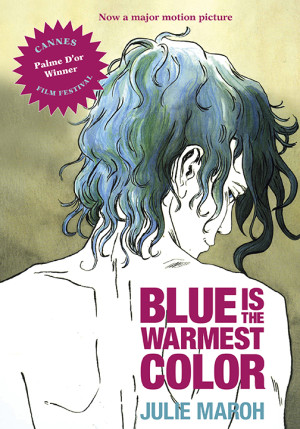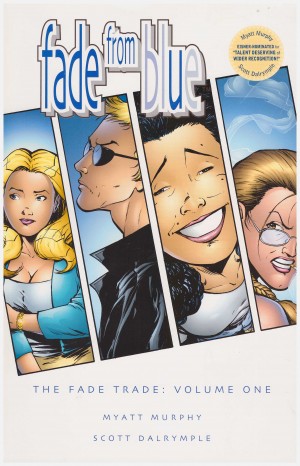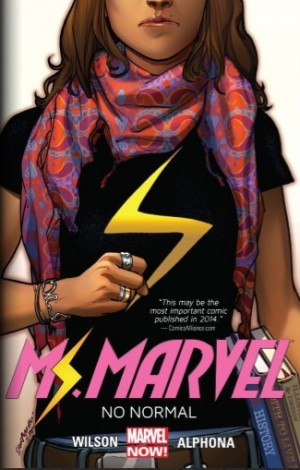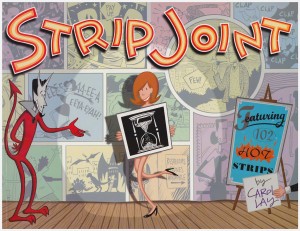Review by Frank Plowright
Every year since she can remember Rose and her parents have spent summer holidays at their Awago Beach cottage. It’s the repository of many happy memories, and where she annually meets her best friend Windy, eighteen months younger, who stays in a cottage up the road.
This year the happy consistency is waning. It’s partly due to Rose having hit puberty and re-evaluating life, and partly because her mother Alice is depressed. Rose understands the mood is due to her mother’s problems conceiving, but isn’t emotionally equipped to comprehend the enormity of the situation. This is contrasted by her innocent fascination with the eighteen year old Dud who works behind the local shop counter and is unwilling to take any responsibility for his girlfriend’s pregnancy. As a means of both shutting herself off and a reason for recurring visits to the shop, Rose rents horror DVDs, and these brief glimpses into Dud’s life become the equivalent of an episodic soap opera.
For all the focus on young teenage girls, this is quite the adult emotional study, and so straddles a very fine line requiring a great deal of sensitivity. The writing of Mariko Tamaki draws on her own vacation experiences, and, presumably, her own teenage years, and the relationship between Rose and the slightly less knowing Windy is finely observed. The emotional intensity requires an equally sensitive touch, and Jillian Tamaki’s delicate portrayal of the cast renders every scene convincing. Her repeated use of silent panels to convey feeling or distance is effective, and an interesting and distinctive artistic choice is to have This One Summer printed in extremely dark blue on slightly off-white stock.
Toward the end of the book the specific reasons for Alice’s depression are revealed, and there’s a sequence of partial redemption in the same environment that’s perhaps too convenient, and the one element of the narrative that fails to convince. It might work elsewhere, but This One Summer has so many fine subtle touches that it’s distinctly out of place.
Thankfully, though, while tying up a plot, it’s not fundamental to the primary story, which would work as well lacking the revelation. The wonder is drifting through summer along with Rose and Windy as they attempt to make sense of a world that remains slightly out of reach.
